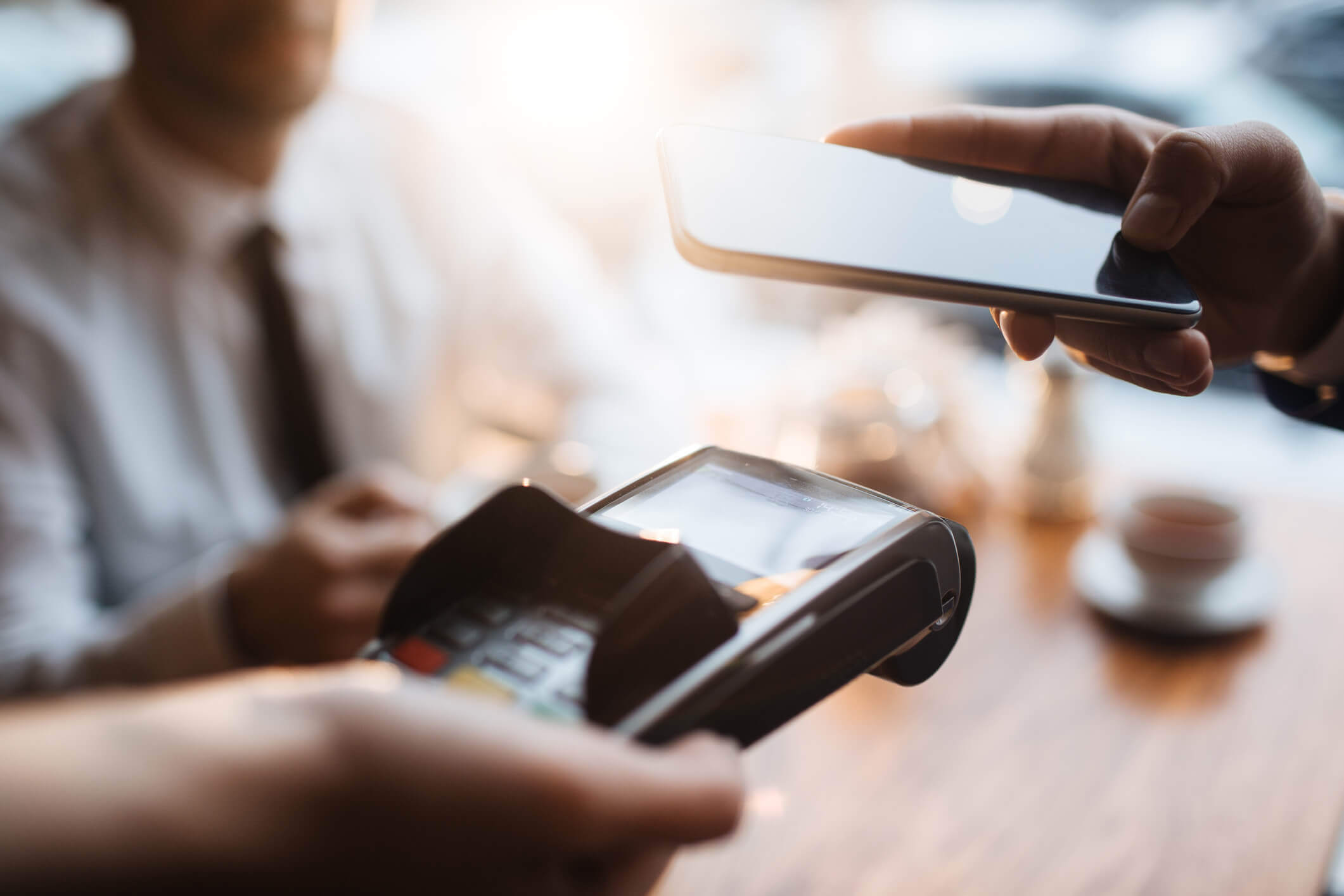WikiLeaks’ latest release exposes serious security risks in mobile payment systems.

If you pay any attention to news, you probably heard of the Vault 7 documents released by WikiLeaks earlier this year. However, if you’re like most people, you haven’t actually gone to check what those documents say. You probably heard about Smart TVs that record you and perhaps the odd statement that microwaves might be listening devices.
While that’s all that most of us know, Cyber security experts have gone to check Vault 7. What they discovered has them raising alarms about the security of mobile payment technology.
“Vault 7 documents suggest holders of this exploitative technology (spies, governments, etc.) can’t be deterred by the encryption on your phone, no matter how good it is (despite manufacturer claims,” says Jon Ungerland, Co-Founder of Daland Solutions, a mobile transaction platform provider.
Basically, Ungerland and other mobile payment experts have serious concerns over what Vault 7 shows. Essentially, you can’t assume any mobile transaction as completely secure. While the government and intelligence agencies aren’t out to steal your account information, hackers can use the same technology.
“The Vault 7 documents are 1-4 years old, so the bad guys may very well have this technology now,” Ungerland explains. He also recalls a quote from Jon McAfee, founder of the famous anti-virus software.
“Some people have hundreds of thousands of dollars on their smartphone wallet. And I tell them – if you give me your phone number, in five minutes I will transfer all of your bitcoins into my account.”
What this means for mobile payments
The statements above don’t exactly leave you feeling secure, considering those are the top experts in cyber security. And don’t get confused by that last statement. This security risk applies to bitcoins, Apple Pay, credit and debit cards you have loaded on your phone. It also extends to secure transactions made online or through an app on your smartphone.
So, the question becomes how much should you trust the security of mobile transactions? Can you ever say for certain that your transactions are secure?
“Revelations like these show that people have reason to be wary about putting their full trust in new mobile payment technologies,” explains April Lewis-Parks, Education Director for Consolidated Credit. “These technologies make your financial life more convenient, but you must understand the risks.”
This means that how much you use these types of transaction services depends on your personal comfort level. However, even if you feel confident and put your faith in these systems, it’s important to take steps to minimize risk.
“If you choose to use the mobile wallet on your smartphone, be smart about it,” Lewis-Parks encourages. “Don’t load every debit and credit card you have onto your device. Choose one card – preferably not your debit card for your primary bank account – and use that card only for mobile pay. If you use a prepaid credit card or debit card, make sure to limit the funds in the account. Credit users can choose a credit card with a low limit. This means a potential cyber thief has less of a balance that they can run up in your name if they gain access.”
For more tips on how to protect your personal data, visit Consolidated Credit’s Identity Theft Protection Guide.